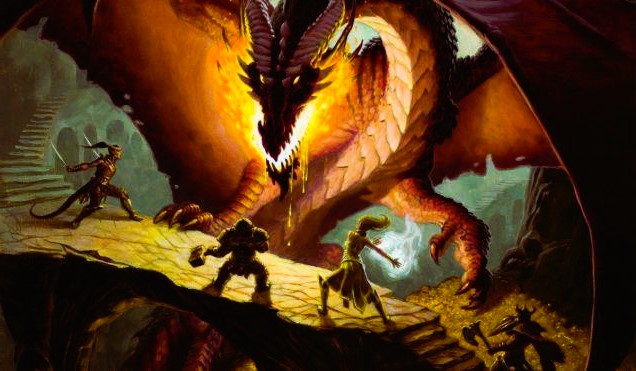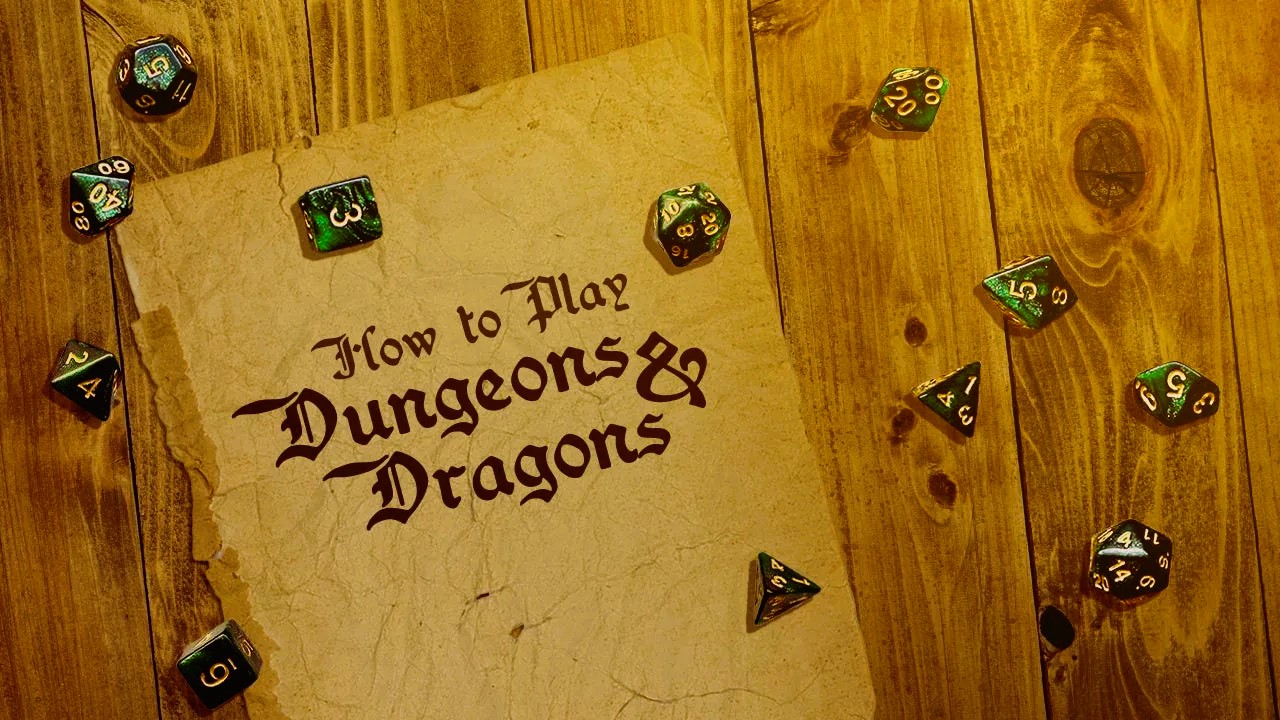How to Start Playing Dungeons & Dragons: A Beginner’s Guide
Dungeons & Dragons (D&D) stands as a cornerstone of tabletop role-playing games (RPGs), captivating players with its immersive storytelling, strategic gameplay, and collaborative adventures. For newcomers eager to embark on their own epic quests in fantasy realms filled with monsters, magic, and heroes, this guide provides a comprehensive introduction to getting started with D&D.
Understanding Dungeons & Dragons
Dungeons & Dragons, often abbreviated as D&D, is a fantasy tabletop RPG originally designed by Gary Gygax and Dave Arneson. First published in 1974 by TSR, Inc. (now owned by Wizards of the Coast), D&D has since become a cultural phenomenon, influencing countless other games and media with its unique blend of role-playing, storytelling, and tactical gameplay.
Essential Components of Dungeons & Dragons

- The Player’s Handbook: The Player’s Handbook (PHB) serves as the core rulebook for players, offering guidance on character creation, game mechanics, and gameplay rules. It includes information on races, classes, spells, equipment, and more, providing players with the tools they need to bring their characters to life.
- The Dungeon Master’s Guide: The Dungeon Master’s Guide (DMG) is essential for the Dungeon Master (DM), who acts as the game’s referee and storyteller. This guide provides advice on world-building, creating adventures, managing game sessions, and adjudicating rules. The DMG empowers DMs to craft engaging narratives and challenges for their players.
- Dice: D&D uses a set of polyhedral dice, including the iconic 20-sided die (d20), to determine the outcomes of actions and events in the game. Players roll dice to resolve attacks, skill checks, saving throws, and other actions, adding an element of chance and unpredictability to gameplay.
- Character Sheets: Each player creates a character by filling out a character sheet, which records vital statistics such as ability scores, skills, and equipment. Character sheets serve as a reference during gameplay, tracking a character’s progression and development over time.
Step-by-Step Guide to Playing Dungeons & Dragons
- Gather Your Adventuring Party: D&D is typically played with a group of friends, with one person assuming the role of the Dungeon Master. Players collaborate to create a diverse party of adventurers, each contributing unique skills and abilities to the group.
- Create Your Character: Use the Player’s Handbook to create a character by choosing a race (such as human, elf, dwarf, or halfling) and a class (such as fighter, wizard, rogue, or cleric). Customize your character’s abilities, personality traits, and backstory to make them come alive in the game world.
- Learn the Basics of Gameplay: The DM guides players through the game world, describing environments, non-player characters (NPCs), and encounters. Players take turns describing their actions and rolling dice to determine outcomes, such as attacking enemies, solving puzzles, or negotiating with NPCs. Read about the top 5 role-playing games of all time in our article.
- Engage in Role-Playing: Role-playing is a key aspect of D&D, allowing players to immerse themselves in their characters’ motivations, personalities, and interactions with the game world. Embrace your character’s quirks and motivations, and collaborate with other players to forge bonds and overcome challenges.
- Explore, Quest, and Grow: As your party explores dungeons, battles monsters, completes quests, and interacts with NPCs, your characters earn experience points (XP) and treasure. XP allows characters to level up, gaining new abilities, spells, and improvements to their skills.
Expanding Your D&D Experience

Beyond the core rulebooks, D&D offers a wealth of supplemental materials, including adventure modules, campaign settings, and additional rulebooks that expand upon the game’s universe and mechanics. Players can explore diverse settings such as the Forgotten Realms, Eberron, or Ravenloft, each offering unique themes and challenges.
Joining the D&D Community
Dungeons & Dragons has a vibrant and inclusive community of players worldwide. Whether you’re seeking advice on character builds, sharing stories from your adventures, or looking for groups to join online or in person, numerous resources and communities exist to support players of all experience levels.
Dungeons & Dragons provides an unparalleled opportunity for storytelling, teamwork, and adventure, making it a beloved pastime for generations of gamers. By following this beginner’s guide, you can embark on your own journey into the realms of imagination and create unforgettable tales with friends.
For further exploration into the world of Dungeons & Dragons, visit Wikipedia for additional insights and resources.

